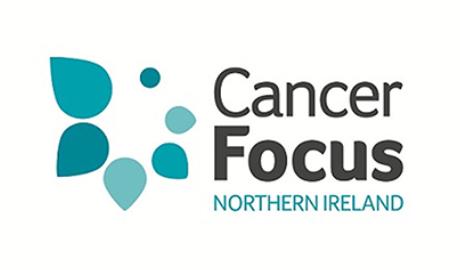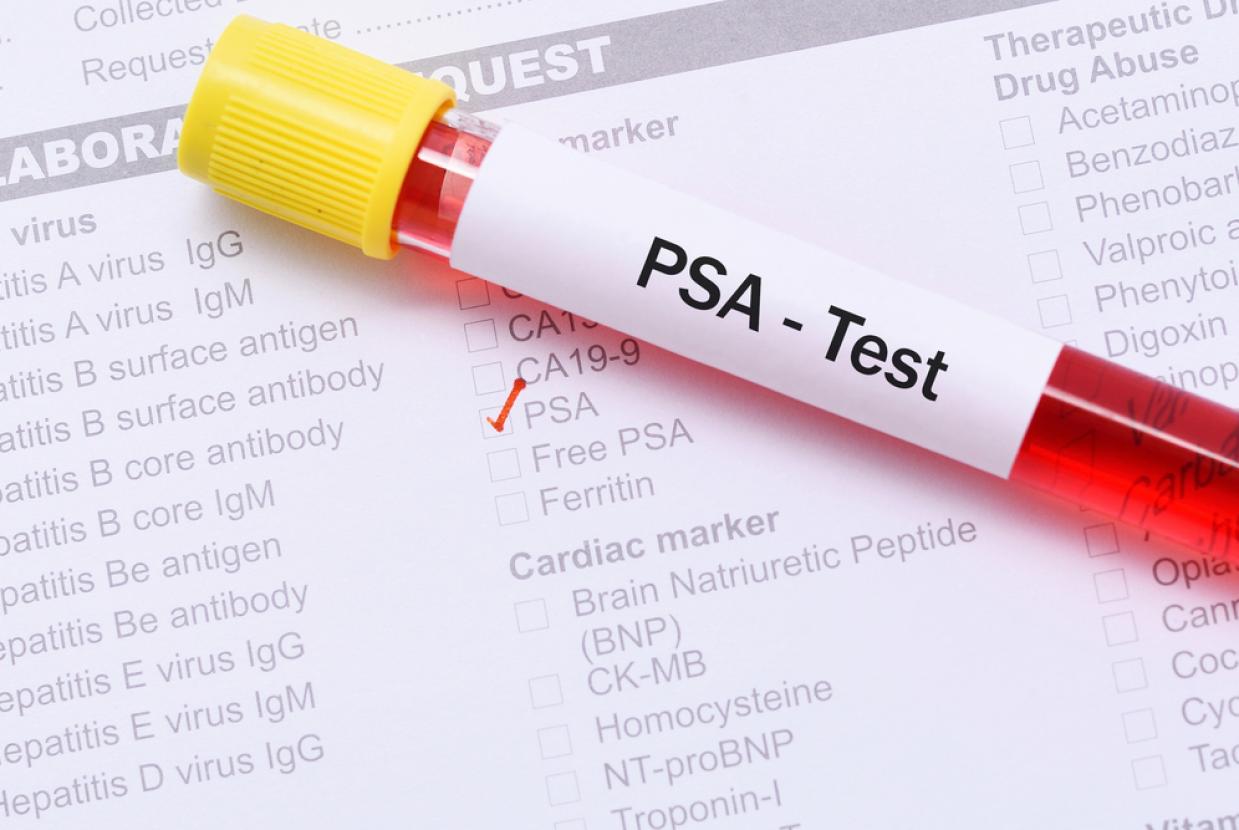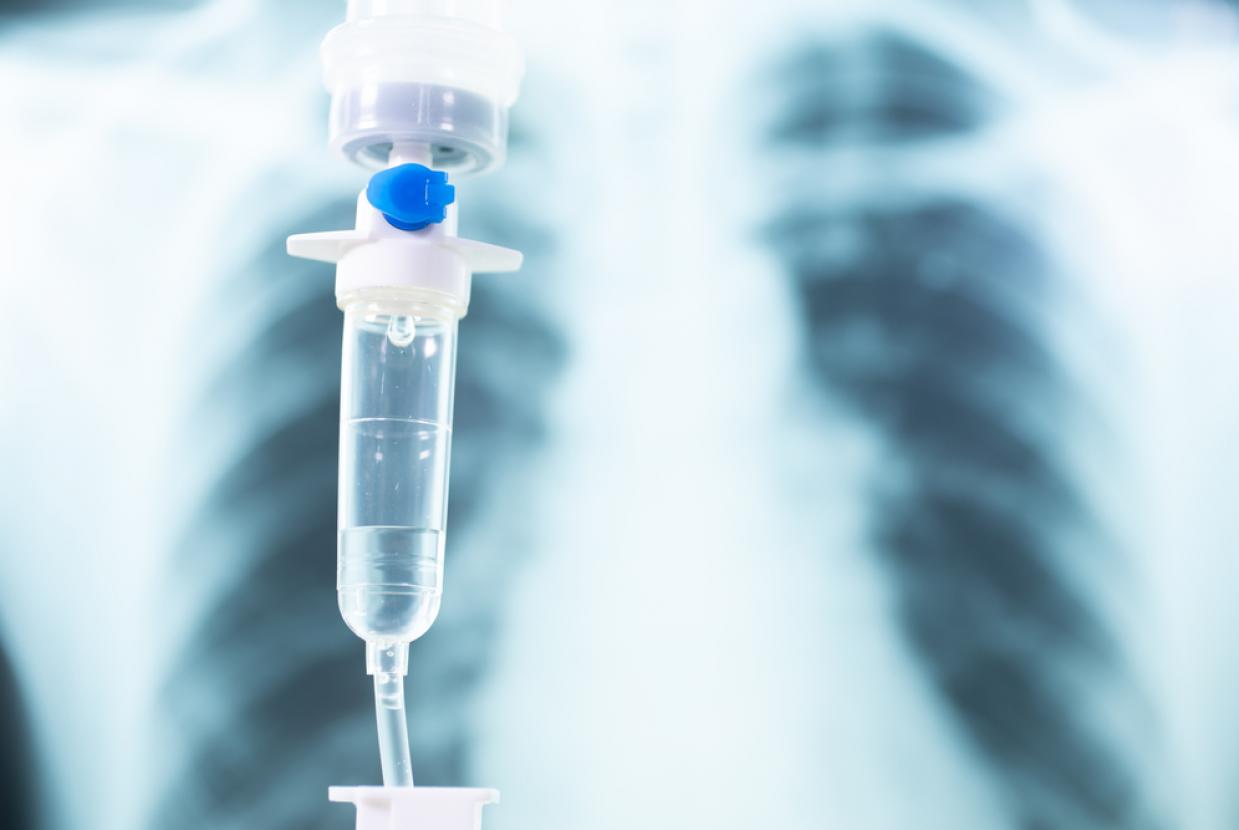Prostate Cancer - Signs and Symptoms
In Northern Ireland over 1,200 men are diagnosed with prostate cancer every year, making it the most common form of male cancer. It is the second most common cause of cancer death in men with approximately 290 dying from this disease every year in Northern Ireland. Prostate cancer is a common but often slow growing cancer usually affecting men over the age of 40.
What is prostate cancer?
The prostate is a small gland about the size of a walnut that lies just below the bladder. Its normal role is to produce secretions that help nourish sperm.
Prostate cancer develops when one cell in the prostate starts to multiply out of control thus forming a tumour. In many cases the cancer is slow growing and may not cause major problems. However, sometimes it is faster growing and will require prompt treatment.
The causes
The exact cause still unknown, however, certain things have been shown to increase a man’s risk of developing this disease.
Age:
The risk increases as a man gets older. It’s rare in men under 40 years, while 70% of cases occur in men aged over 65.
Family history:
A family history increases your risk of developing this disease. If you have a close relative, eg your father or brother, with a diagnosis your risk is two to three times higher. If there is more than one close relative, your risk will increase further. Your risk is also higher if your relative was diagnosed before age 60, or if they died from prostate cancer.
Ethnicity:
Men of black ethnicity are three times more likely to develop the disease than white / caucasian men.
Lifestyle:
As with all cancers, a healthy diet and lifestyle may help reduce your risk. This includes:
- Eating a healthy diet which is low in fat, high in fruit and vegetables
- Maintaining a healthy body weight
- Doing some form of physical activity every day
- Not smoking
For help in stopping smoking visit our Stop Smoking page or www.want2stop.info
Symptoms
Men with early prostate cancer are unlikely to have any symptoms. However, when symptoms do appear they may include:
- Poor urine flow
- Difficulty passing urine
- Passing urine more frequently, especially at night
- Dribbling/leaking
- Urgency to pass urine
- Blood in urine
- Blood in semen
- Back / bone pain
Although these symptoms can be signs of prostate cancer, they may also be signs of other less serious conditions.
How is prostate cancer diagnosed?
Prostate cancer is diagnosed by a number of tests. These include:
PSA test
This test measures the level of a protein called Prostate Specific Antigen (PSA) in the blood. Prostate cancer increases the level of this protein. However, there are other factors which may also increase this level such as an infection. For this reason the PSA test is not a stand-alone diagnostic tool.
Digital Rectal Examination (DRE)
DRE involves a doctor or nurse feeling the prostate gland through the wall of the back passage using a finger. They will be able to identify any hard or irregular areas which may be a sign of prostate cancer.
Biopsy
This involves removing small amounts of prostate tissue to determine if cancer cells are present.
Depending on results of the above tests your doctor may proceed with further diagnostic tests, eg bone scan or MRI scan.
Download our information leaflet here.
If you have a question about cancer call our free and confidential support helpline on 0800 783 3339 to speak with a specialised nurse (available Monday – Friday, 9am – 1pm). You can also email us on helpline@cancerfocusni.org.

































































